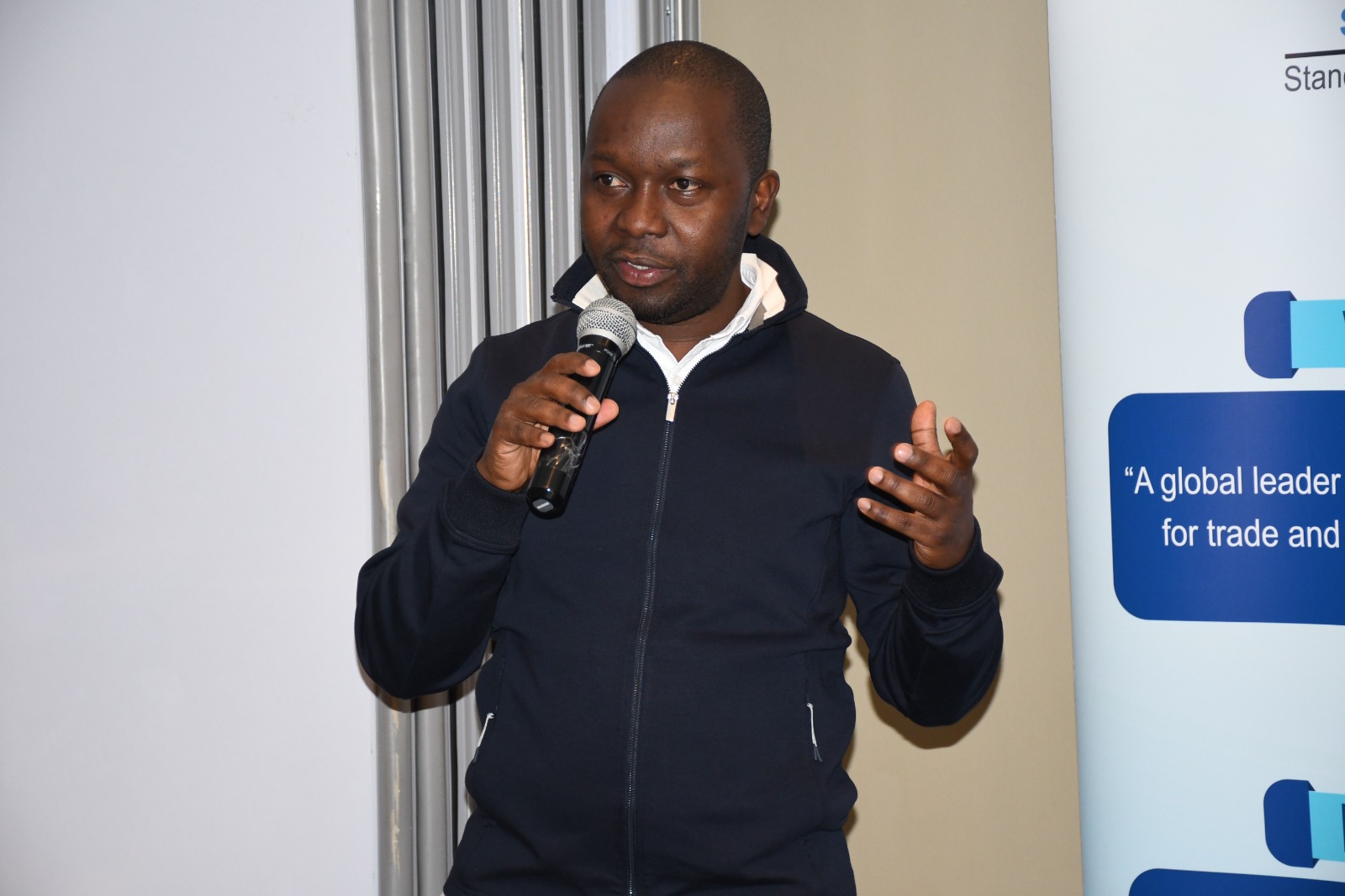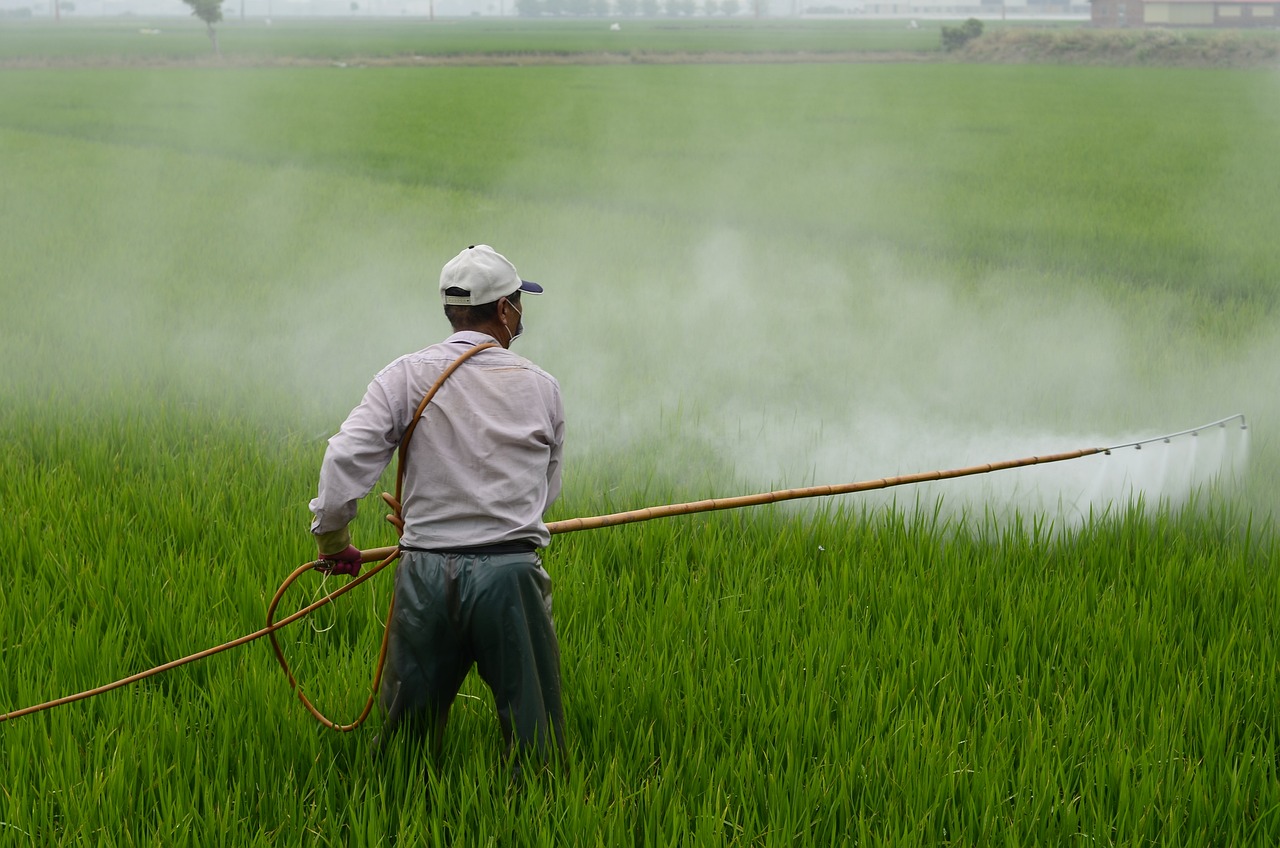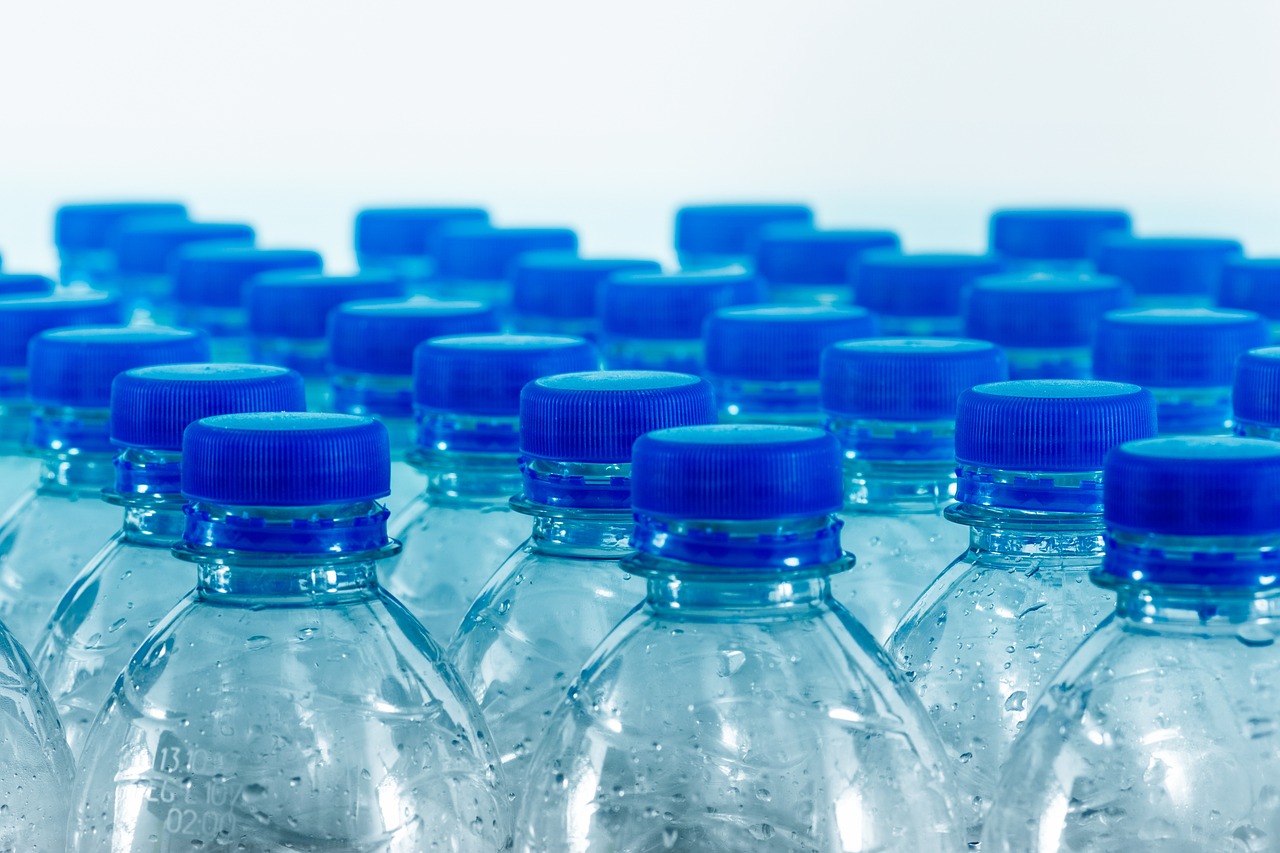On 6th July 2023, CEJAD organised a training for regulatory agencies and government agencies on the use of Handheld XRF Spectrometer in monitoring illegal mercury skin lightening creams. The training was undertaken by the Institute of Nuclear Science and Technology (INST) at the University of Nairobi. The training was conducted in collaboration with the National Environment Management Authority (NEMA). The training was attended by the Kenya Bureau of Standards (KEBS), NEMA, Kenya Industrial Research and Development Institute (KIRDI), Kenya Revenue Authority (KRA), Ministry of Health (MOH), Pharmacy and Poisons Board (PPB), Ministry of Environment, Climate Change and Forestry and Government Chemist.
Articles | news
Training on the use of handheld XFR equipment in controlling illegal trade in mercury skin lightening creams
On July 6, 2023, CEJAD organized a training at the University of Nairobi's Institute of Nuclear Science and Technology (INST) for regulatory and government agencies on using Handheld XRF Spectrometers to monitor illegal mercury in skin lightening creams. The training, in collaboration with NEMA, was attended by KEBS, KIRDI, KRA, MOH, PPB, Ministry of Environment, Climate Change and Forestry, and Government Chemist.

More programs

Our work under the Mercury Elimination Program aims to protect human health and the environment from anthropogenic emissions and releases of mercury and mercury compounds, in line with the Minamata Convention on Mercury, a legally binding global treaty adopted in 2013. Kenya is a party to the Minamata Convention.

Under this program, CEJAD aims to eliminate the risk posed by exposure to lead in paints to women and children, and improve the regulatory frameworks to phase out lead in paint at national, regional and international level.

Our work under this program aims to promote the phase out of Highly Hazardous Pesticides (HHPs) from use, especially in agriculture to protect human health and the environment. The use of HHPs is threatening the lives of vulnerable populations, food systems, biodiversity and the environment at large.

The Montreal Protocol, adopted in 1987, protects the ozone layer by regulating ozone-depleting substances (ODS), such as chlorofluorocarbons (CFCs) and hydrochlorofluorocarbons (HCFCs). It mandates the phase-out of CFC and HCFC production and consumption with specific timeframes for different Parties, based on their status as a developed or developing country.

Our work under this program aims to reduce the health and environmental impacts associated with waste and plastics throughout their life cycle. Over the years, plastic and plastic products have emerged as problematic and hazardous to human health and the environment.

